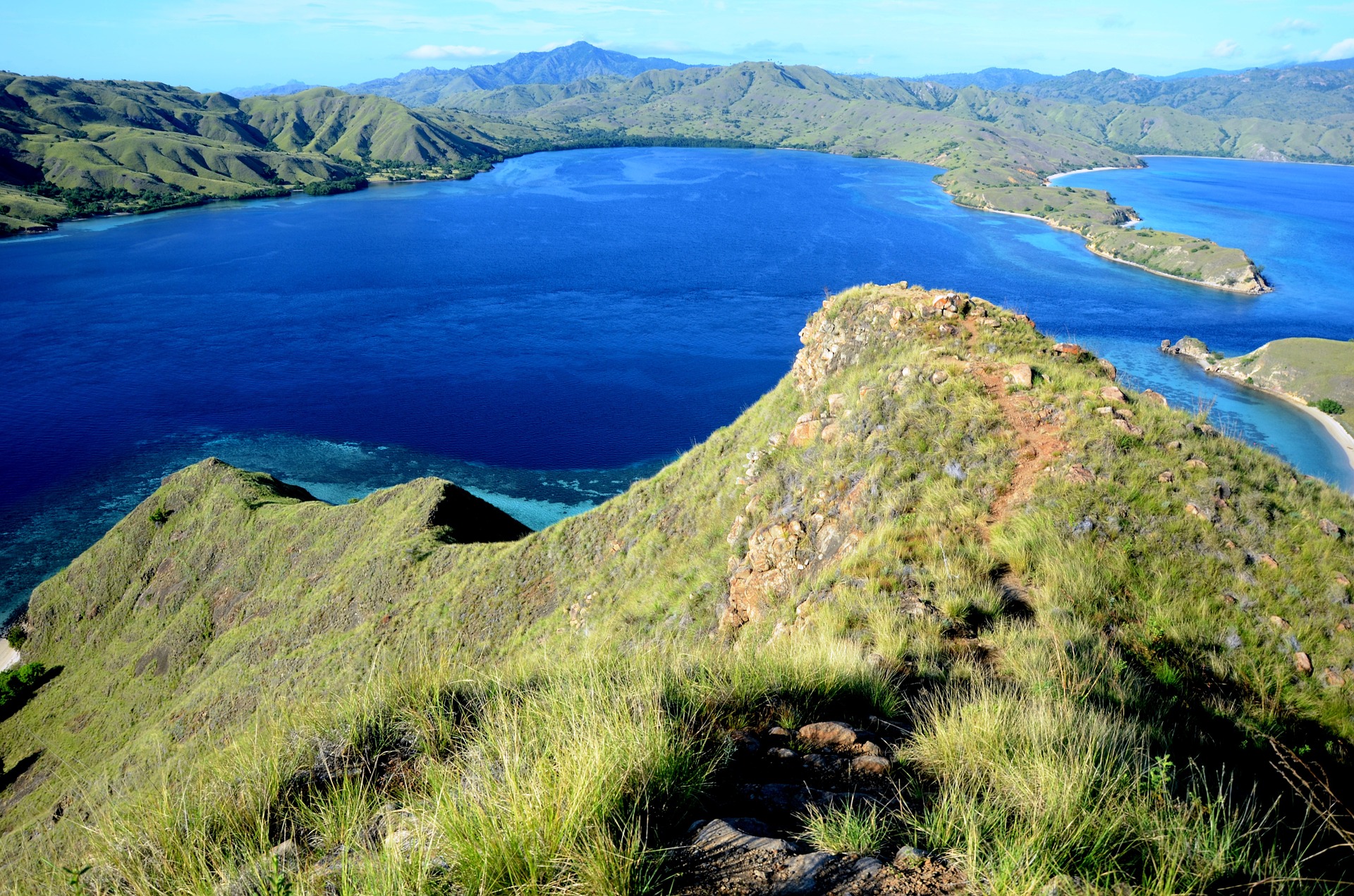The Indonesian Government is considering extending the ban to tourists on the island of Komodo. Initially, Indonesia had decided to ban tourist visits to the island for only one year. However, the government is considering prolonging the ban for at least another twelve months.
Why People Can’t Visit the Island of Komodo
The closure of the island is a measure to fight mass tourism, which is threatening the original habitat. The aim, in fact, is to protect the habitat of the Komodo dragon, a giant endangered lizard living there. The extension of the ban therefore aims to redesign the island so that it can become a conservation area for this species.
The Komodo National Park is a UNESCO World Heritage Site. More than 5,000 specimens of this lizard called the Komodo dragon or Komodo lizard live here. It is the largest lizard in the world, since it can measure up to three metres in length. The Komodo dragon has been included among vulnerable species by the International Union for the Conservation of Nature.
The Consequences of Mass Tourism
Mass tourism on the island of Komodo is causing an increase in pollution of the territory. This in turn causes loss of biodiversity and destruction of the natural environment of the dragon. In addition, tourists scare the dragons of Komodo. It is no coincidence that recently there have been more news about attacks by lizards on people.
By prohibiting tourism on the island it will be possible to restore the native flora and fauna of Komodo. In this way it will be possible to protect the terrestrial and marine ecosystem. With this measure the government also intends to recover the buffalo and deer populations that have decreased due to poaching and on which the Komodo dragon feeds.
If you wanted to visit this unique ecosystem, however, you don’t have to worry too much. You will still be able to admire the reptiles on the nearby islands of Rinca and Padar, also starting from the Komodo National Park. So tourists don’t need to complain about the ban. On the contrary, those who seem to be against the ban are the residents of the island. In fact, the loss of tourism will cause locals economic losses and deprive them of their livelihood.
In order to restore the natural habitat of the dragon and redesign the island to become a conservation area for this species, the government has allocated around 7 million dollars. Despite opposition, it intends to close the island, which could take longer than the year initially planned.

